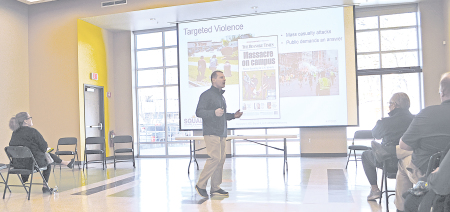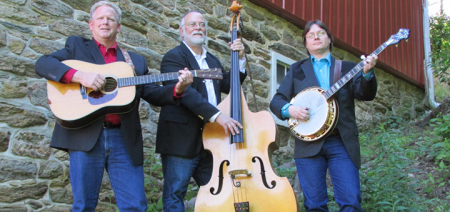Another Day, Another Apocalypse
Published:
April 4th, 2013
By:
Shawn Magrath

It has been 94 days since the end of the world.
More precisely, it’s been 94 days since the end of the world, according to the Mayan Calendar. Clearly, that didn't pan out the way some expected, though I'm somewhat convinced that somewhere, there's a family of five still huddled in a bunker ten feet below the earth's surface, waiting for the dust to settle from the widely preempted Apocalypse.
To their credit, the Mayans weren't the only ones to get the date wrong. There's an entire Wikipedia page devoted to past Apocalypse predictions dating back to 600 B.C. Christian radio broadcaster Harold Camping was wrong not once, but twice when he predicted the end the world in May, 2011 ... and again in October, 2011, citing a nonsensical algorithm of Bible passage verses. Boy, was his face red when it didn't happen (and that's no pun for the stroke he suffered between the two presumed Apocalypses).
Most recently, Warren Jeffs, former president of the Fundamentalist Church of Jesus Christ of Latter-Day Saints, was wrong about the forthcoming End of Days twice in December, 2012. Being wrong the first time, he blamed it on his followers' lack of faith and then moved the new Doomsday to December 31. He made both predictions, by the way, from his jail cell at an Arizona state penitentiary, where he's serving time for sexual abuse.
Even if things didn't quite work out the way the Mayans, or Camping, or Jeffs, or anyone else thus far has predicted, there's more recent research that indicates the End of Days isn't too far off. There's little if any debate in the scientific realm that it's not a matter of if the world ends, but when. Many scientists and physicists are referring more to what's called the “Doomsday Argument” to answer this question. While some scientists say there are indisputable flaws to the Doomsday Argument, they're also saying there's some merit. The Doomsday Argument essentially uses mathematic principles of probability to show that we are closer to the end than we are the beginning (i.e. 95 percent of the people who will ever be born have already been born).
If nothing else, this End of Days forecasting makes me question the purpose behind our attempts to predict the end of the world in the first place. Patience, even when waiting for total annihilation, is a virtue. When I was a kid, I hated long car rides and like most kids, any trip longer than 15 minutes was an eternity in the back seat, with the occasional, “Are we there yet?” My dad use to say, “We'll get there when we get there.” Obviously.
I see the Apocalypse predictions much the same way. The end of the world will get here when it gets here. After all, if the end really is imminent, there's not much one can do about it (hence “end of the world”). And if that is the case, then any effort to predict the End of Days is just a waste of time.
My thought is, we're simply not supposed to know when the world will end, despite our incessant curiosity. Perhaps there are a lot of things we're not supposed to know; things like the meaning of life, the perfect balance between cynicism and wishful thinking, or what happens to that matching sock when you do a load of laundry – the kinds of things known only by a higher being, or fate, or coincidence, or whatever it is you believe is above you (if anything at all).
The earth can't last forever. But trying to find when it will end, well, it takes away the surprise.
Follow me on Twitter
... @evesunshawn
Author: Shawn Magrath - More From This Author
Comments








